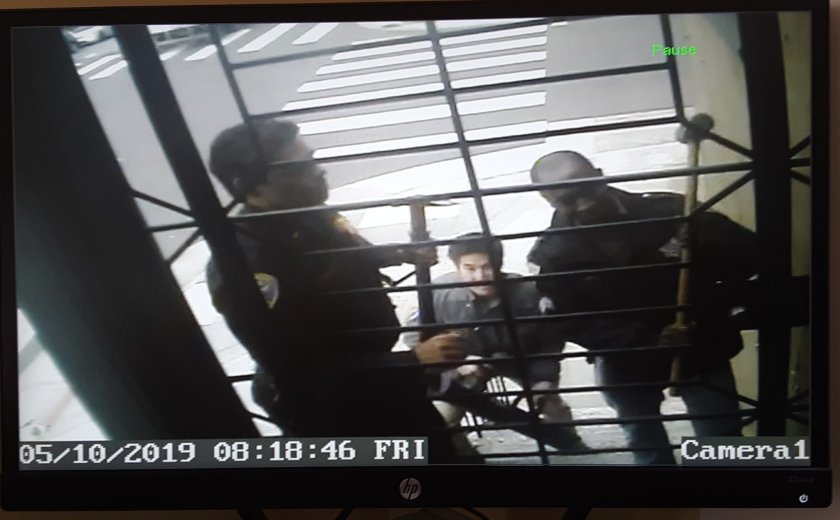FBI document shows agents knew Bryan Carmody was a journalist during questioning

The San Francisco Police Department’s raid of journalist Bryan Carmody’s home and office in May, in an effort to find the anonymous source of a police report leaked to Carmody, made national headlines and was widely criticized by news organizations and press freedom groups. Among the abiding mysteries that remain in this case are why the FBI was present at the search, and why agents questioned Carmody about his source.
On Dec. 16, in response to a Freedom of Information Act lawsuit, the Reporters Committee for Freedom of the Press received an FBI document that confirms the FBI’s presence and that Carmody stated he was a journalist during about 10 minutes of questioning. The document does not address whether important procedures at the Justice Department for investigating the press, which require attorney general approval before questioning, were followed.
The FBI document the Reporters Committee received is the form “302” — the agents’ interview report. The report is brief but confirms that the interview was conducted while SFPD officers were searching the house, and that Carmody was “detained/hand cuffed” during questioning. It also says that agents helped Carmody get clothes on prior to the interview.
The document, dated May 10, 2019, states that after Carmody asked for his lawyer, agents “provided some background on the investigation and reasons why cooperation would be beneficial.” It then says: “Carmody stated that law enforcement was raiding the home of a reporter and that it would be national news.” Carmody repeatedly asked to speak to his lawyer and to make phone calls, according to the interview report.
Under the Justice Department’s news media guidelines, a member of the department cannot subject a journalist to questioning without the express authorization of the attorney general, or, in “exigent circumstances,” a deputy assistant attorney general for the Justice Department’s Criminal Division. The FBI’s interview notes do not indicate whether this process was followed.
The Reporters Committee has also received letters in the same litigation from the Criminal Division and the Executive Office for United States Attorneys stating that their initial searches failed to find any documents referring to Carmody. Had the guidelines been followed, the Justice Manual (formerly the U.S. Attorneys’ Manual) would have required the preparation of a memorandum seeking permission and laying out the relevant facts and considerations, and it will be crucial to determine whether such a memo exists.
The Reporters Committee continues to litigate the case.
The Reporters Committee regularly files friend-of-the-court briefs and its attorneys represent journalists and news organizations pro bono in court cases that involve First Amendment freedoms, the newsgathering rights of journalists and access to public information. Stay up-to-date on our work by signing up for our monthly newsletter and following us on Twitter or Instagram.